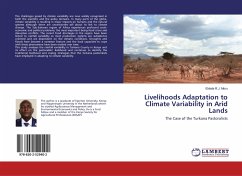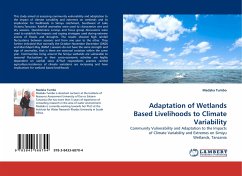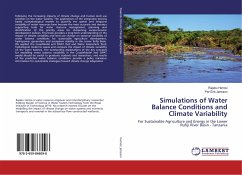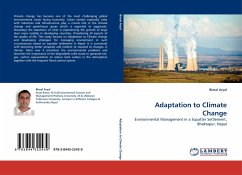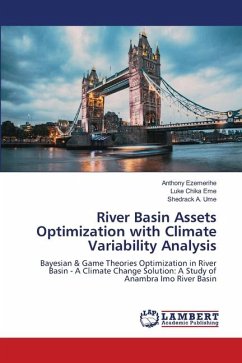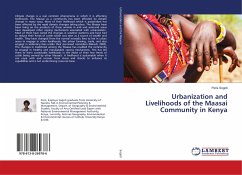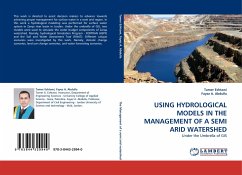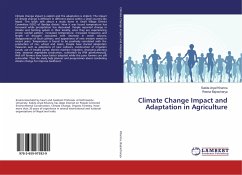The challenges posed by climate variability are now widely recognised in both the scientific and the policy domains. In many parts of the globe, climate variability is resulting in major impacts on humans and the natural systems although there are uncertainties still about its link to climate change. The Sub-Saharan region of Africa experiences profound socio-economic and political problems, the most important being food crises and disruptive conflicts. The recent food shortages in the region have been linked to rainfall variability as most production systems are subsistence oriented and are dependent on the climatic conditions. Droughts and floods have become a common feature and the local capacities to cope with these phenomena have been eroded over time. This study analyses the rainfall variability in Turkana County in Kenya and its effect on the pastoralists' livelihood and continues to identify the traditional livelihood and coping strategies that the Turkana pastoralists have employed in adapting to climate variability.

